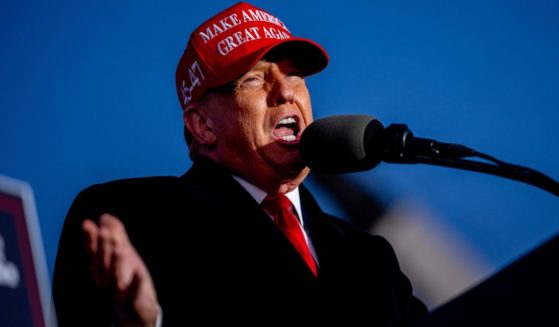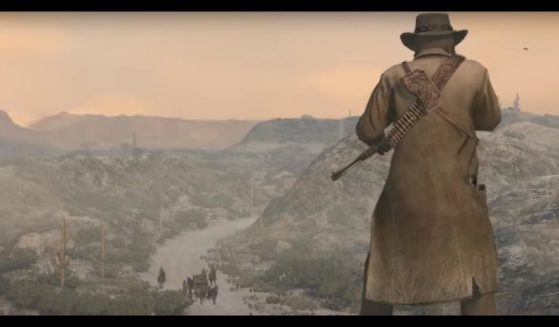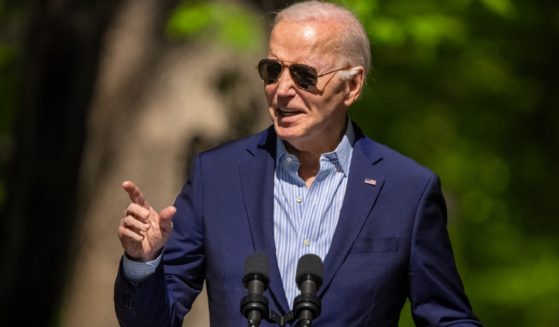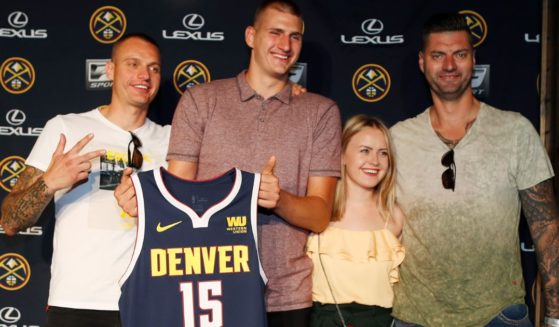APNewsBreak: New $15,000 bonuses for All-Star voting leaders
NEW YORK (AP) — The most popular players in All-Star voting will be in the money — at least enough to cover part of the season’s clubhouse tips.
The highest vote-getter in both leagues in the first round of the new fan voting system will receive a $15,000 bonus, according to details obtained by The Associated Press. That payment will go to the leading vote-getter at catcher and each infield position plus the top three among outfielders.
For all positions other than the outfield, the second-place finishers will receive $5,000 apiece and the third-place finishers $2,500 each.
Major League Baseball announced the addition of prize money on March 14 but did not reveal the amounts. This year’s All-Star Game is July 9 in Cleveland.
Most of last year’s elected starters have huge salaries this year, including Philadelphia outfielder Bryce Harper ($10 million salary plus $20 million in signing bonus payments), Los Angeles Angels outfielder Mike Trout ($16 million salary this year plus a $20 million signing bonus payment) and Colorado third baseman Nolan Arenado ($26 million).
Only two of last year’s elected starters earn below $1 million this season: New York Yankees outfielder Aaron Judge ($684,300) and Chicago Cubs catcher Willson Contreras ($684,000).
Fan voting resumed in 1970 for All-Star starters other than pitchers, and the division into two phases this year marks the biggest change since. The new system was agreed to by Major League Baseball and the players’ association on March 8 along with on-field rule changes for this year and 2020,
A primary voting period will start in late May or early June and last three-to-four weeks. A fan able to cast up five on-line votes per day,
The top three players in each league at every position other than the outfield will advance along with nine outfielders. The top vote-getter in each league will be assured of an All-Star roster spot.
After a break of two-to-three days to allow promotional campaigns, a final vote will be conducted during a 24-to-48-hour period in late June or early July.
The bonus pool for the winning All-Star team has been increased from $640,000 to $800,000, which translates to a hike from $20,000 to $25,000 per player.
The Home Run Derby prize money has been increased from $750,000 previously specified for this year to $2.5 million, and the winner’s amount has risen from $150,000 to $1 million. The losing finalist gets $500,000 instead of $100,000, and the six other participants $150,000 each rather than $75,000. The player with the longest home run gets an extra $100,000, up from $25,000.
As part of the changes, the Derby sponsor may give input to Major League Baseball that management may consider in determining the list of players it wants to ask to participate.
Prize money, to be paid by MLB or a sponsor, is due by July 31.
___
More AP MLB: https://apnews.com/MLB and https://twitter.com/AP_Sports
The Western Journal has not reviewed this Associated Press story prior to publication. Therefore, it may contain editorial bias or may in some other way not meet our normal editorial standards. It is provided to our readers as a service from The Western Journal.
Truth and Accuracy
We are committed to truth and accuracy in all of our journalism. Read our editorial standards.












